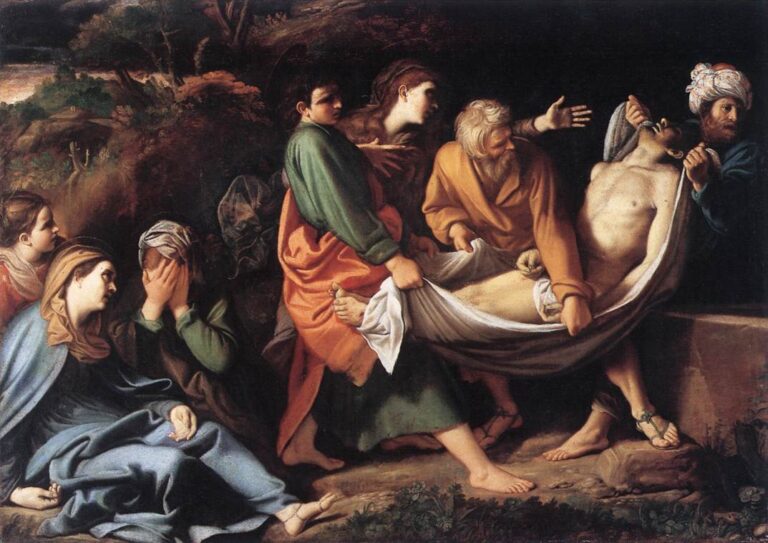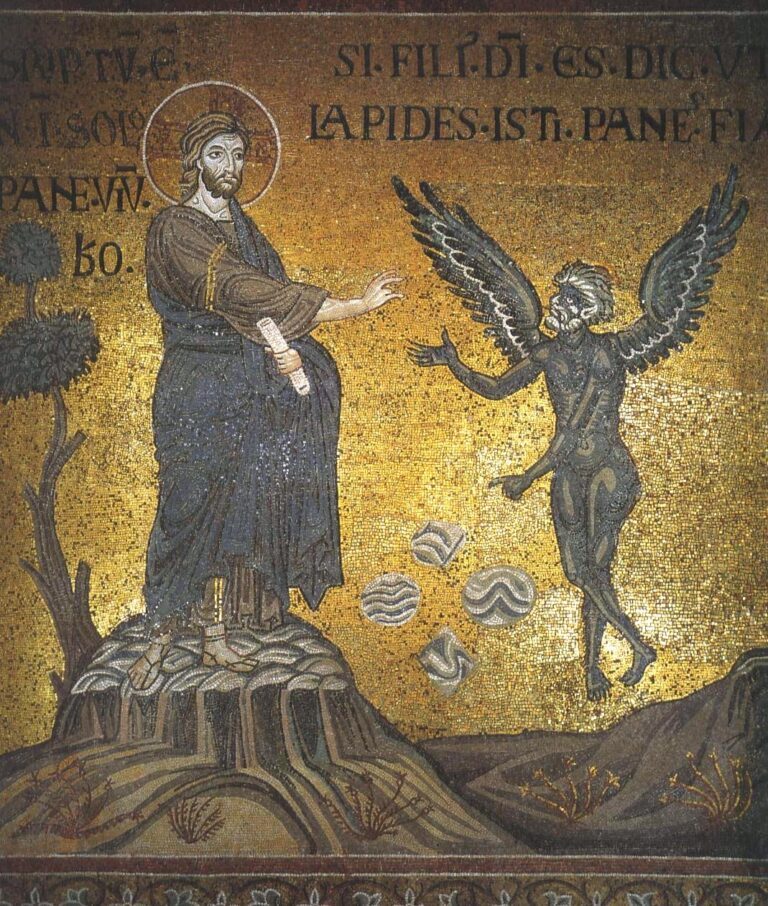2nd March 2022
Lent: Where does it come from? Where does it go?
Stefan Kaminski
The most obvious connotation of Lent is that of a period of forty days, during which fasting and penance are to be practiced. The old Latin name for this period – Quadragesima (literally, “fortieth day”) – clearly reflects this, analogously to Pentecost’s reference to the fiftieth day. Instead, the term “Lent” was adopted by the Anglo-Saxons from the Teutonic word for the spring season. Whilst drawing from the season associated with this time, it was also perhaps intended to reflect the spiritual process that should be enabled by the discipline of Lent.
The core notion of Lent – that of a pre-Paschal fast – can be traced to the earliest days of the Church. Such a practice is referred to by important, third-century sources such as Eusebius (the “Father of Church History”) and the Didascalia (a treatise that builds on the Constitutions of the Apostles’ Council of Jerusalem).
However, the Apostolic era through till the fourth century is void of any evidence of a designated period of forty days. One explanation that has been suggested for this is that the early Church intended the commemoration of Christ’s Resurrection rather more clearly as a weekly celebration – that of the Sunday liturgy. Correspondingly, a fast on Friday, practiced since those earliest days, constituted the weekly remembrance of Christ’s Passion and Death. This theory makes sense of the presence of a clear and universal weekly observance of both Friday and Sunday, which co-existed throughout the first two centuries of Christianity alongside a wide variation in the acceptance and timing of the yearly, historical remembrance of Easter.
Nonetheless, in the same manner that the yearly Easter celebration commemorated Christ emerging from the tomb, so too were “the days on which the bridegroom was taken away” observed with fasting. St Irenaeus notes that this immediate, pre-Paschal fast varied from lasting one day (presumably Good Friday) to several, whilst Tertullian compares the shortness of the fast with the longer, two-week fast observed by the Montanist schismatics. Regardless of the length, the annual remembrance of Christ’s Passion and Death was observed with a high degree of severity. Mortifying one’s body through fasting and abstinence was a way of participating – in however small a manner – with the intense physical and spiritual suffering experienced by Christ for the sake of our redemption.
By the early AD 300s, a further period of preparation prior to Holy Week was being widely observed. Whilst traveling to Rome and Europe in 339 AD, St Athanasius reported the practice of a forty-day fast as being established throughout much of the Church, and encouraged his own flock in Alexandria to do likewise.
The addition of this forty-day period appears a logical development when reflecting on the examples of Moses’ forty years and Christ’s forty days in the desert. The spiritual value of fasting and penance were clear to those who practiced them and, and the Church readily appropriated them as more than simply an expression of penitence for sins. Christ’s time and temptations in the desert in preparation for His earthly ministry most immediately provide us with a sense of the relevance of the Lenten observance: a time of renewed preparation for our own mission of Christian witness. In this sense, the “springtime” of Lent takes on a deeper significance by reminding us of the spiritual growth that it should engender.
At a broader level, Moses’ forty years in the desert point us to the “pilgrimage” dimension of our lives: Lent takes on the character of a time of special attention to our journey towards the Promised Land of heaven, and our reliance not on “bread alone, but on every word that comes from the mouth of God” (Matt 4:4).
Both of these layers of symbolism however, only make sense when considered in the light of a third: the forty (give or take) hours that Christ lay in the tomb. The Lenten fast stems from the commemoration of this period precisely because it is the moment in which our salvation is being effected. We are only pilgrims in a foreign land because heaven has been reopened by Christ’s victory over death. We are only called Christians and have a Gospel to preach because Jesus atoned for our sins with His own body.


